Dao ethnic women in Ha Son village are radiant in traditional costumes celebrating Independence Day.
Mr. Ngan Tien Nhan - a Muong, 95 years old, 65 years of Party membership, former Dien Bien Phu soldier - in Zone 3, Hoi Xuan Commune, is a rare witness who experienced the historical moments of the nation: the establishment of the Democratic Republic of Vietnam, the resistance war against the French, against the Americans... In 1946, Mr. Nhan participated in "Popular Education" at the call of Uncle Ho. At the age of 17, he volunteered to join the army, protecting the vital route to Dien Bien, fighting in the outer ring, only 30km from Him Lam hill when the French surrendered. He was sent to school by the Party and Uncle Ho, became a military nurse, then Sergeant of Company 5, Thanh Hoa Armed Police (now the Border Guard), serving for more than 20 years and was awarded many noble medals and orders by the Party and the State. Although his eyesight is dim and his legs are slow, the flame of patriotism in him still burns brightly: "I only hope that his descendants will preserve and promote what their ancestors left behind, cherish the value of freedom and independence, and contribute to building the homeland."
Labor Hero Ha Van Dan, 78 years old, Thai ethnic, Hoi Xuan commune, also deeply understands the value of independence. Orphaned at the age of 5, at the age of 17, he worked as a forestry worker in Quan Hoa, transporting wood and bamboo from the upper reaches of Ma River, Luong River, Lo River to Cua Ha (Cam Thuy) to serve fierce battlefields such as Ham Rong Bridge, Ghep Bridge... He risked his life many times to save bamboo rafts in the middle of fierce waterfalls, once seriously injured with a broken jaw and broken neck. He was once awarded the Ho Chi Minh Badge by Uncle Ho - a priceless souvenir - along with many noble awards from the Party and the State. He affirmed: "Thanks to the Party, thanks to Uncle Ho, the country has independence and freedom; ethnic minorities in general and myself have the opportunity to study and develop, and the highland villages are increasingly prosperous and happy".
Mr. Trieu Van Lieu, Party cell secretary, head of Ha Son village, Pu Nhi commune, recalled that nearly 30 years ago, the Dao people on Pu Quan peak lived in makeshift conditions, lacking food, clothing, no electricity, no roads, and children could not go to school. Following the call of the Party, the government, and the border guards, the first 5 households "came down the mountain" to establish a new village on National Highway 15C. Now, Ha Son has 52 households, 231 people, convenient roads, electricity, children go to school, and access to healthcare is easier than before... From a few literate people, now dozens of people have graduated from college and university; many have become officials and civil servants. He said: "For us Dao people, independence and freedom mean having enough food, warm clothes, light, and a future. From being mostly poor households, now there are only 5 poor households; many families have built flat-roofed houses and bought cars." Ha Son today has a new rural appearance, the economy is flourishing, cultural identity is preserved, trust in the Party is strong - the solid foundation of the great solidarity bloc at the border.
The feelings of Dien Bien soldier Ngan Tien Nhan, of Labor Hero Ha Van Dan, of Party cell secretary Trieu Van Liu... before the sacred value of independence, freedom and National Day September 2 are also the common heartbeat of millions of hearts of the people in the highlands of Thanh Hoa. Every Independence Day, the whole highland and border villages of Thanh Hoa are covered with red flags; nostalgic eyes look back to memories, remembering Uncle Ho, remembering the advice to unite, take care of business, study to rise up. That feeling - filled with respect and gratitude - is a sacred thing that is incomparable.
During his lifetime, President Ho Chi Minh always had a special affection for ethnic minorities. He considered the solidarity of ethnic groups as the great strength of the great national unity bloc. As early as 1945, in his Letter to Ethnic Minorities, he wrote: “Today, Vietnam is the common country of all ethnic groups in Vietnam... All ethnic groups are equal, all are brothers... We must love each other, help each other to progress together”. Not only by words, throughout his life of revolutionary activities, Uncle Ho visited, lived, worked, and shared difficulties with ethnic minorities in the highlands and remote areas many times. His sincere affection became a warm flame, fostering the people's steadfast belief in the Party and in Uncle Ho - the beloved leader of the Vietnamese ethnic groups.
In recent times, implementing the sacred Testament and wishes of Uncle Ho during his lifetime, the Party and the State have paid special attention to ethnic minorities and the mountainous areas of Thanh Hoa in particular, as well as the people of the whole country in general. From the highlands to the lowlands, major policies, practical programs and projects have been penetrating into every village and every home, bringing with them faith, hope and opportunities for change. The people have benefited from many national target programs and socio-economic development projects and projects of the Central and the province.
Currently, the mountainous and ethnic minority areas of the province have 77 communes, of which 16 communes are located on the border of the Fatherland. This is the common home of 7 ethnic groups: Kinh, Muong, Thai, Mong, Dao, Tho and Kho Mu, with about 1 million people living, of which ethnic minorities account for 702 thousand people (in 2024).
In the past, remote villages had no electricity, the roads were muddy and difficult to travel; many children had to drop out of school, and illnesses were not treated... Now, everywhere is lit up with electricity; concrete roads extend to every alley; spacious classrooms welcome children; medical stations cover the commune centers to take care of community health... Infrastructure is invested synchronously; security and social order are increasingly stable; the rate of poor and near-poor households in the ethnic minority community has decreased steadily over the years. All are vivid proof of the effectiveness of ethnic policies that the Party and State have worked hard to cultivate - sowing the seeds of prosperity and happiness on every mountainside and hillside of Thanh Hoa. In that change, the people are more deeply imbued with the sacred value of independence, freedom and happiness - exactly as beloved Uncle Ho wished, and also the goal that the Party and State have chosen.
National Day September 2, for ethnic minorities in the highland border areas of Thanh Hoa, is always carefully prepared like a reunion Tet. In the melodious sounds of the panpipes and the bustling "sinh tien" dance of the Mong people; the passionate sounds of the bamboo flutes and Khap dance of the Thai people; the deep and high-pitched sounds of the Xuong songs and the bustling sounds of the gongs of the Muong people... resound like the voice of patriotism, extending from the arduous resistance period to the peaceful and prosperous seasons today.
The sound of National Day is not only the sound of festival and joy, but also the warm fire that warms people's hearts, giving strength to the ethnic minorities in the highlands of Thanh Hoa to overcome difficulties, rise up to build an increasingly prosperous life and rise up in the new era of the Fatherland. And in every shining eye, in every resounding song, in every red flag with a yellow star fluttering in the great wind... still resonates the reminder: independence - freedom is not only the achievement left by our ancestors, but also the sacred responsibility of every Vietnamese child to preserve and pass on, no matter where they are.
Article and photos: Ba Phuong
Source: https://baothanhhoa.vn/quoc-khanh-trong-trai-tim-dong-bao-258714.htm


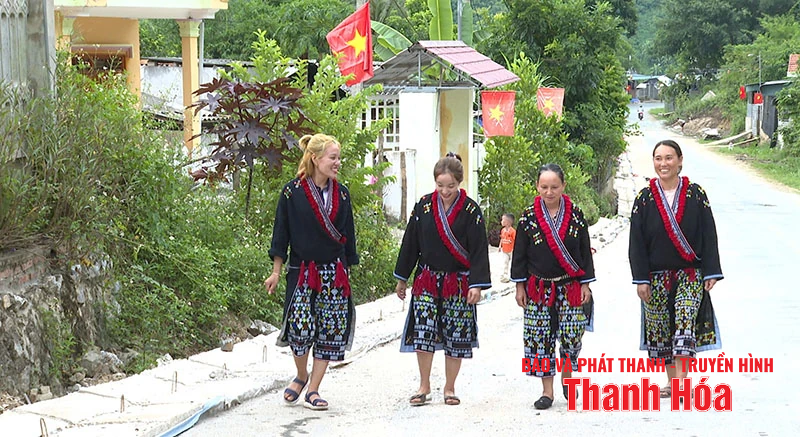


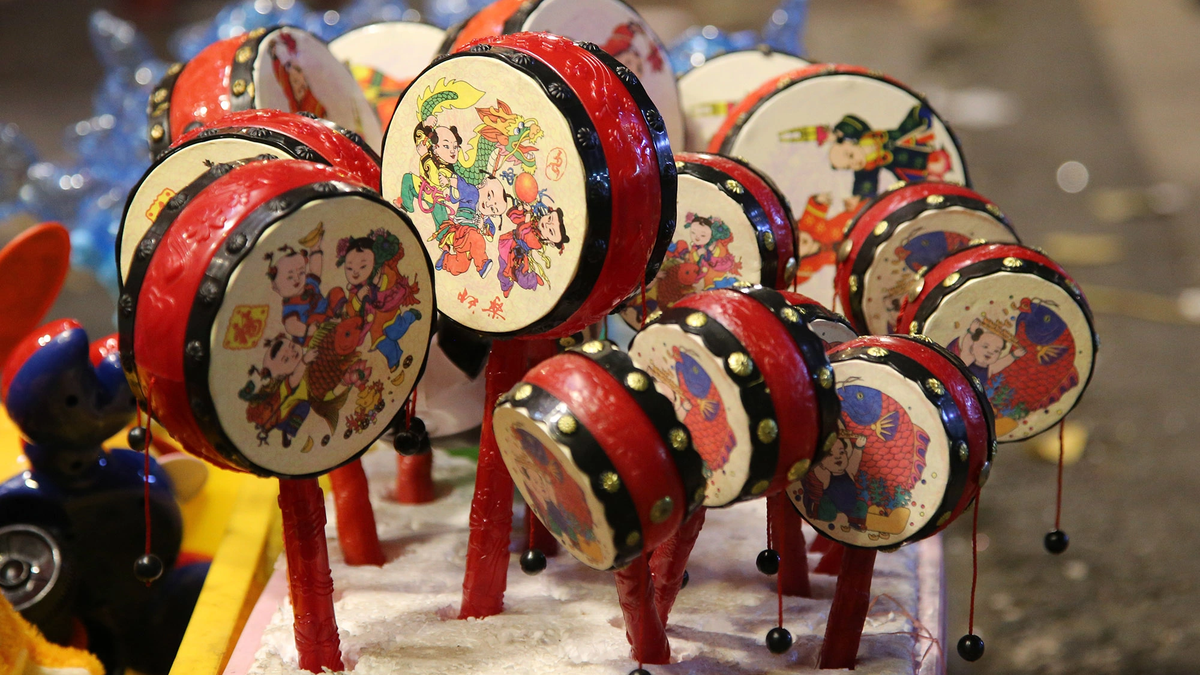


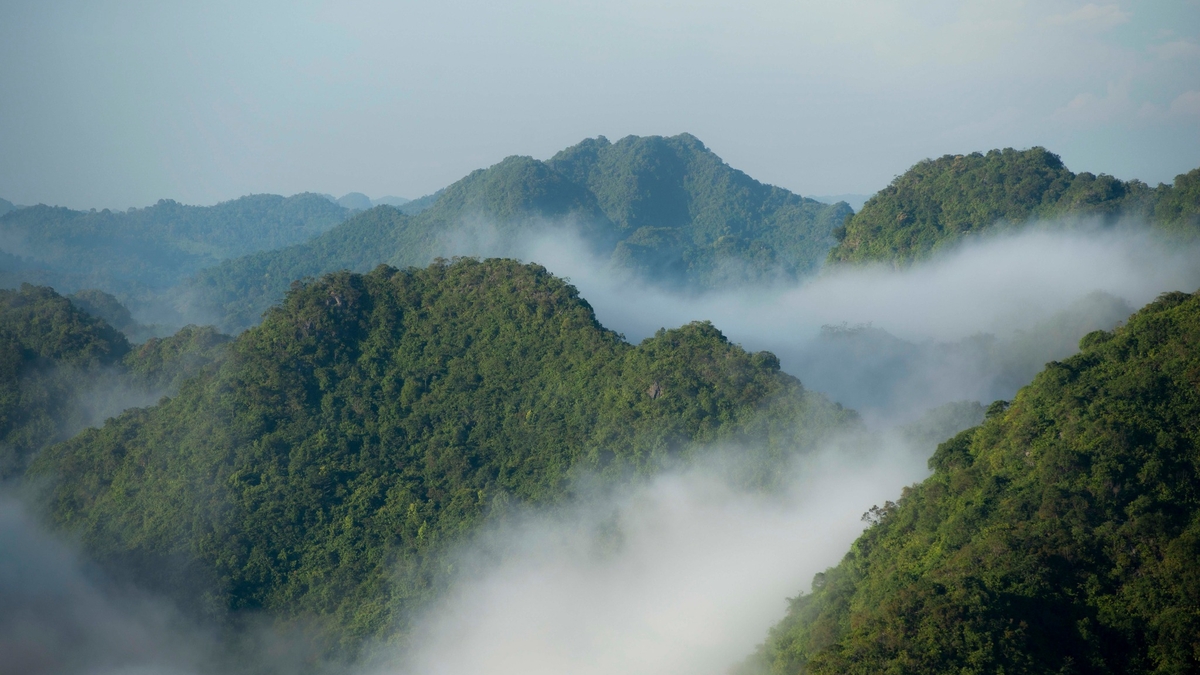









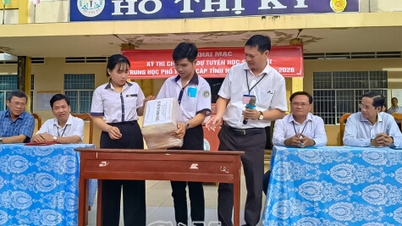



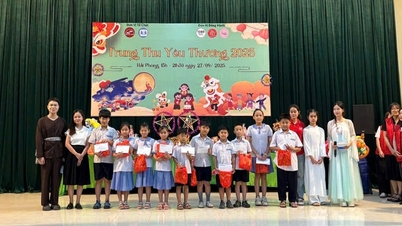

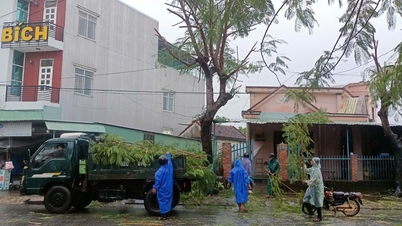










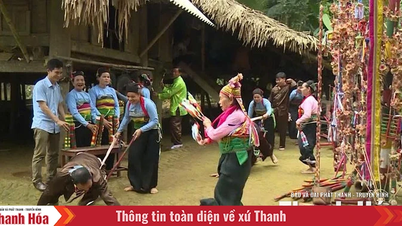





![[Photo] Soldiers guard the fire and protect the forest](https://vphoto.vietnam.vn/thumb/1200x675/vietnam/resource/IMAGE/2025/9/27/7cab6a2afcf543558a98f4d87e9aaf95)






















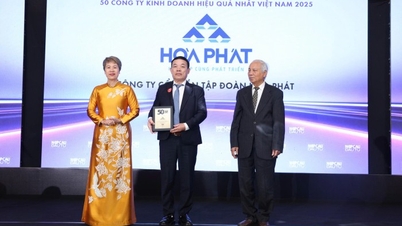




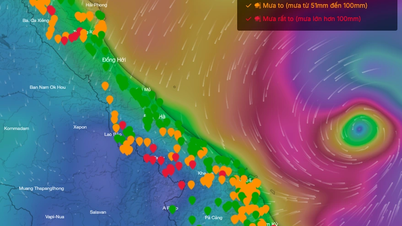

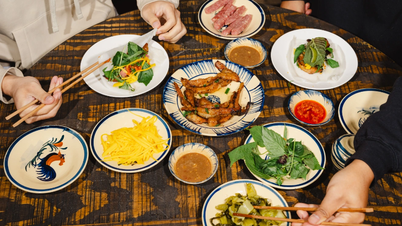
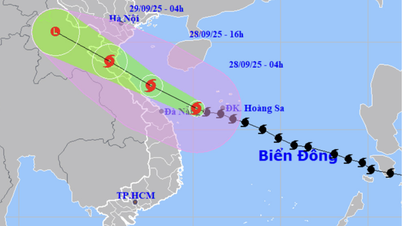


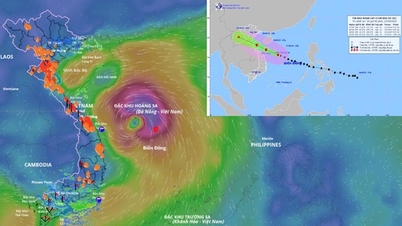



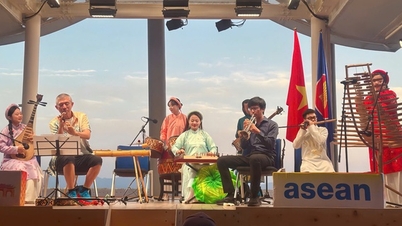

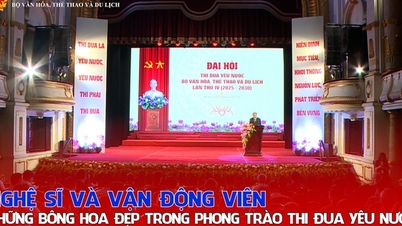



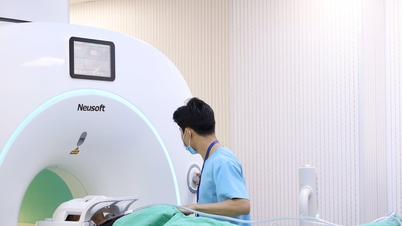
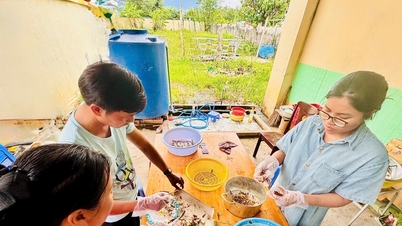

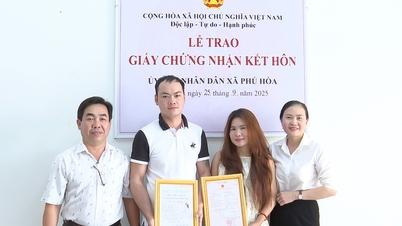


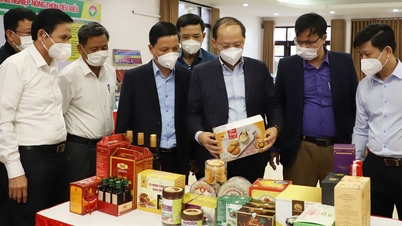









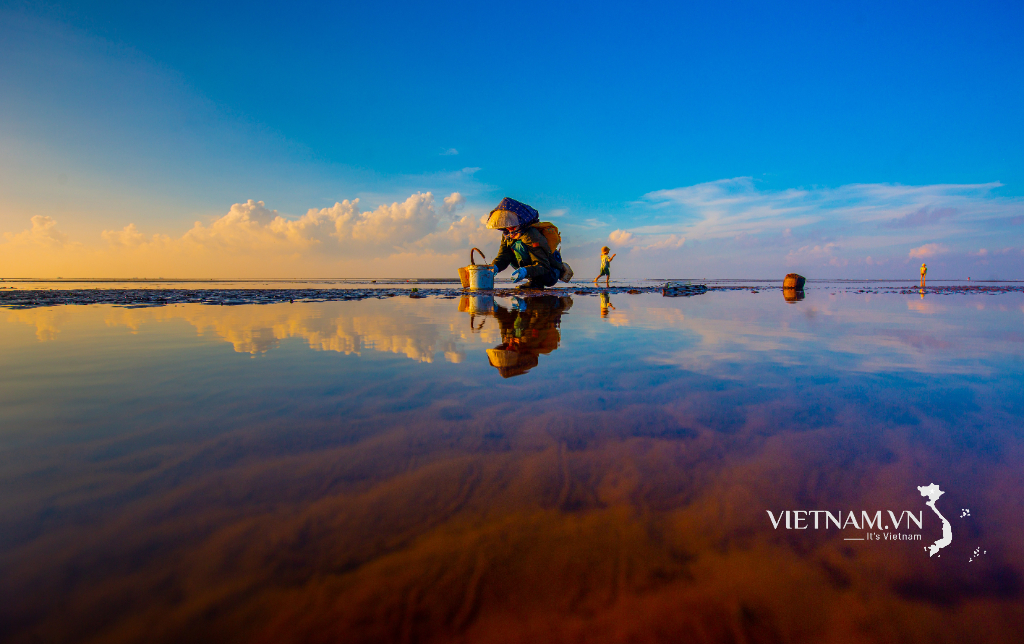
Comment (0)